Last updated: August 18, 2021
Article
Miss Vietta Garr
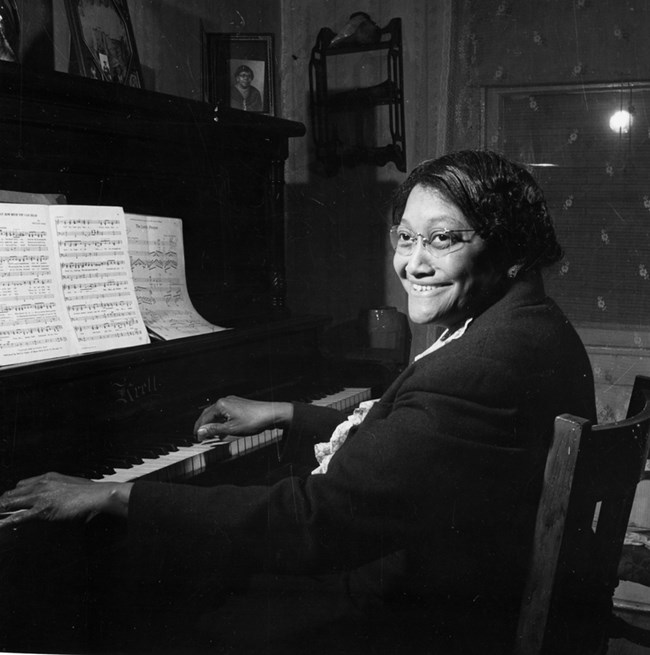
Truman Library
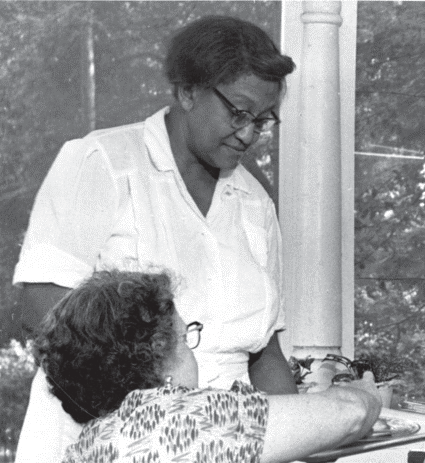
Vietta continued to work for the Truman family until 1943 when she was no longer needed as much at the Independence home with Senator Truman and family spending much of the year in Washington D.C. She soon found a position as manager of the Crown Drug Store lunch counter in Kansas City. However, in 1945, Bess asked Vietta to work for the family once again when Harry Truman became president. She accompanied the family to the White House to be a companion to Bess’s aging mother. Although Vietta was never the official White House chef, the Trumans favored her meals. Truman requested that Vietta instruct his staff on how to cook the “Missouri Way.” Vietta knew which foods each of the Trumans enjoyed. During their stays in Independence, she fixed steam-fried chicken or baked Virginia ham, her own special recipe for sweet potatoes, and the President’s favorite angel food cake. While in Washington, Vietta met many famous and influential people. She collected cards, autographs and other keepsakes, which she compiled into scrapbooks chronicling her travels.
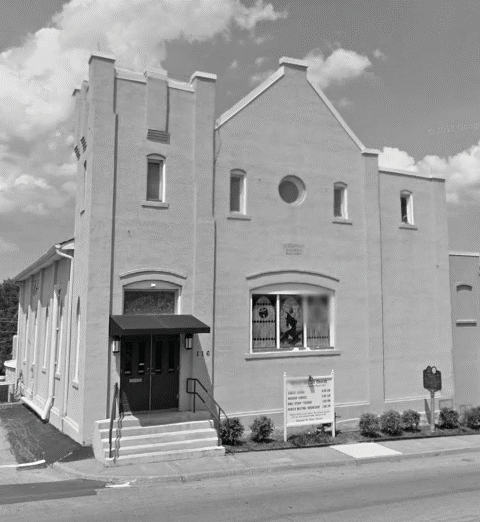
Second Baptist Church in Independence.
Truman Library
American community, not only for her position at
the Truman household, but also for her involvement
in the Second Baptist Church and the Knights
and Daughters of Tabor, a benevolent society for
African Americans that aimed to spread Christianity
and education, offer sickness and burial insurance,
and a means for members to socialize.
Vietta took an active role in the society, serving as
High Priestess, the leader of the Tabernacle. She
served in this position for several years. Within the
Independence community, Vietta’s opinion was
respected by both blacks and whites. She often
referred people from her church and organizations
for domestic positions, including several people
who worked on a part-time basis for the Truman
family.
Church was an important part of her daily life and
she was involved with many committees and
special groups within the church. She played the
piano and sang soprano in the church choir. She
was known for her wonderful cooking and often
prepared food for church gatherings.
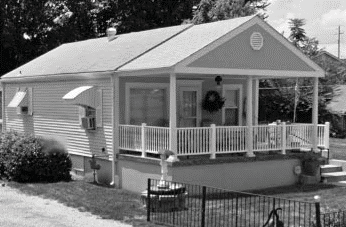
NPS
with $5200 from their estate. Vietta continued to
work for the Trumans, finally retiring in the mid
1960s. She never married.
Over the next few years, Vietta continued to be
active in the community and her church. Following
the death of Harry Truman in December 1972,
Vietta was one of the few guests invited to his
funeral.
Vietta was severly injured in late 1973 when her
dress caught fire from a burner on her kitchen
stove. She passed away on December 31, 1973. Her
funeral was held January 6, 1974, at her beloved
Second Baptist Church. One of Mrs. Truman’s
last public appearances was to attend Vietta Garr’s
funeral.
In her eulogy the pastor commented that Vietta was
associated with diplomats and statesmen from many
countries, yet she never lost her love of church and
community. Vietta Garr is buried with her parents at
Woodlawn Cemetery in Independence.
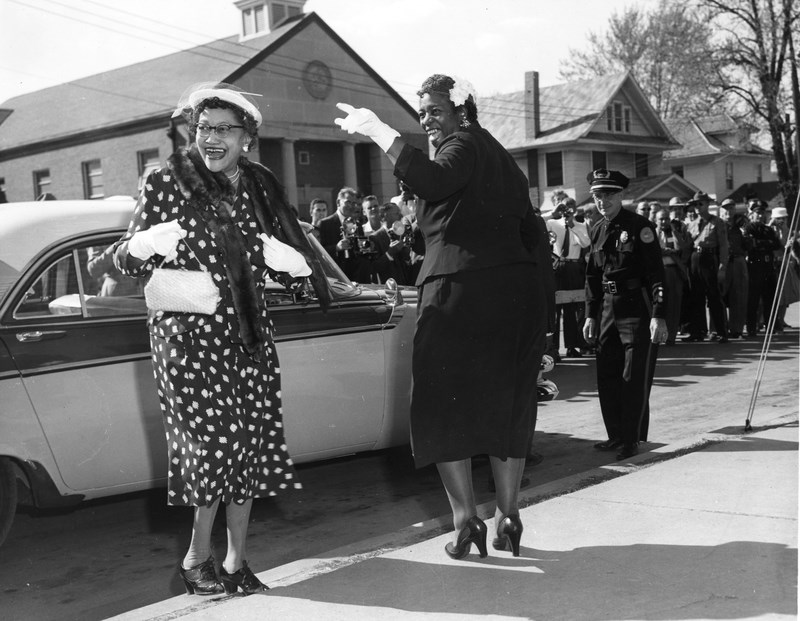
Truman Library.
